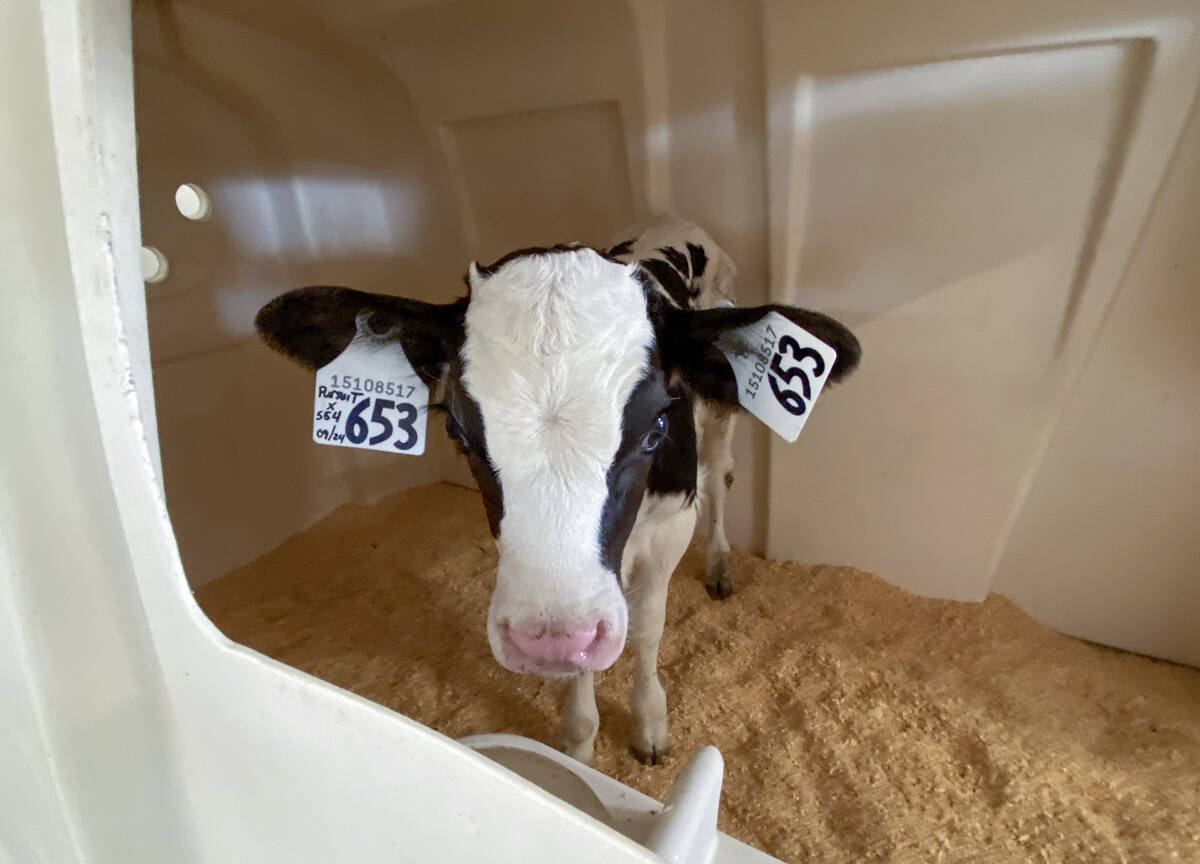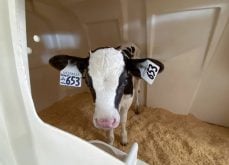Proposed U.S. legislation could see distributors fined for meat that is improperly labelled as “Made in the USA,” but industry experts north of the border say it is unlikely to pass muster.
The bill would set out processor fines of US$5,000 per pound of beef that doesn’t meet label standards.
COOL, or country-of-origin labelling, surged back into the headlines this year, eight years after the U.S.’s mandatory COOL system was repealed in 2015 after a bitter trade dispute between the U.S., Canada and Mexico.
Read Also

Lactanet turns methane expertise into business opportunity
Lactanet’s new fee-for-service breeding tool initiative to reduce greenhouse gas emissions in Canadian and Swiss Holstein herds will launch in April 2026.
Why it matters: Canada’s livestock sectors do not want to repeat the years-long fight against country-of-origin labelling.
In March, the U.S. proposed a regulation that would require animals to be born, raised, slaughtered and processed in the U.S. (as opposed to just processed), in order for beef to be labelled as U.S.-made. Labels would be voluntary rather than mandatory.
The Canadian meat sector argued the differences would be largely semantic and, in practice, the results would be much the same as mandatory COOL.
In January, proposed legislation was also introduced in the U.S. Senate, which sought to re-instate mandatory COOL rules on beef. It relied on the Office of the U.S. Trade Representative to bring back the requirements without prompting a trade dispute. That bill was read twice before being shifted to the body’s ag committee.
The recent proposal reportedly dovetails with that January legal effort.
Skepticism
Canadian experts say the newest proposal is unlikely to be supported among U.S. lawmakers.
University of Guelph associate professor Rakhal Sarker, who researches the economics of agri-food trade, noted similar policy has previously failed.
“You know what happened to the previous COOL, right? It didn’t succeed, and WTO (World Trade Organization) authorized Canada and Mexico to impose duties on U.S. products so they can recover the damage,” he said.
He expects U.S. politicians will keep that track record in mind when assessing the new proposal.
Canadian Cattle Association executive vice-president Dennis Laycraft similarly suggested the recent push is not unprecedented.
“There’s been a number of different senators who have been trying to bring some language to bring back mandatory country of origin labeling,” he said.
“The [Biden] administration … are still saying anything that is done has to be compliant with the World Trade Organization and their international obligations… What’s being proposed clearly, in this particular bill, would not be, so they don’t believe it’s likely to go anywhere, but we follow it closely anyway.”
Laycraft said previous rules with similar goals proved financially inefficient.
“The irony in that is, when those goals were in, that were eventually overturned at the WTO, their own analysis showed … the previous measure would have cost the U.S. industry over $8 billion,” he said.
“It led to segregation within the system. Cattle that we exported either as feeder or animals that were ready to go to processing were discounted about $45 an animal on average.”
A similar labelling plan in Canada has little traction, he added.
“For the most part, that’s been fairly well addressed on our side. We have a trademark label that many retailers use.”
Sarker said that even if this particular American proposal were to pass, it would likely pose no major threat to the Canadian ag sector.
“It will reduce the progress of e-commerce and probably that would have a ripple effect in Canada,” Sarker said. “But I don’t think the e-commerce is so big that it will have any significant damage to our major sectors.”















